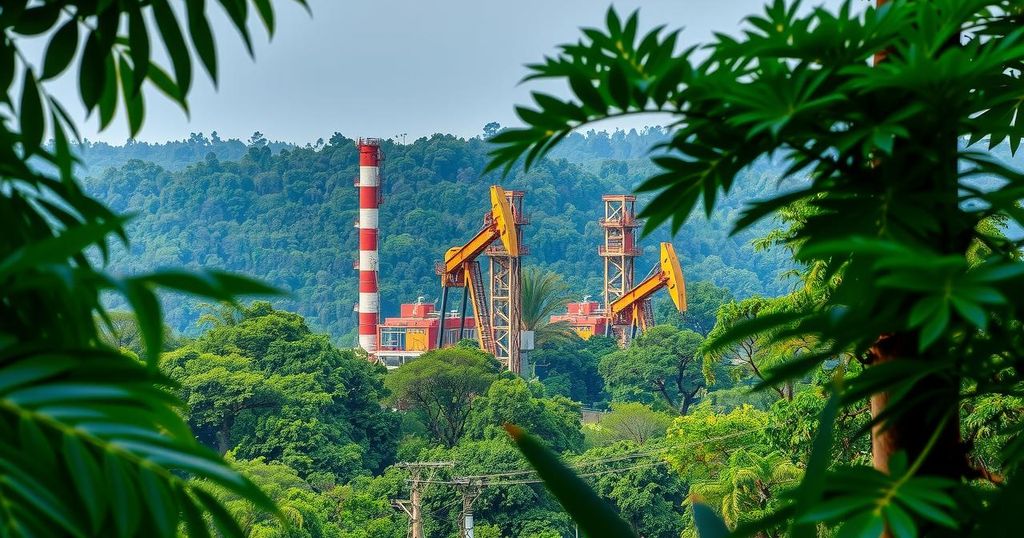Response to Tropical Cyclone Chido in Mozambique: Situation Update as of December 2024
Tropical Cyclone Chido made landfall in Mozambique, negatively affecting Cabo Delgado, Niassa, and Nampula. Humanitarian efforts are ongoing, with limited formal accommodation centers activated, forcing many into improvised living arrangements. Coordination among agencies is necessary to improve living conditions, restore infrastructure, and meet the urgent needs of the affected populations.
On December 15, 2024, Tropical Cyclone Chido made landfall in the Mecúfi district of Mozambique, severely impacting the southern districts of Cabo Delgado and Niassa, as well as the northern areas of Nampula. The cyclone resulted in considerable destruction of infrastructure, loss of life, injuries, and displacements, exacerbating the humanitarian crisis in both urban and rural regions, including pre-existing displacement sites. This report aims to outline the key interventions undertaken by partners of the CCCM Cluster—namely IOM, UNHCR, ASMOG, and Pronanac—in coordination with local authorities and other humanitarian organizations during the response period from December 14 to December 30, 2024.
Following the cyclone’s impact, the INGD delegation activated only four formal accommodation centers in the affected regions, specifically three in Pemba district and one in Chiúre district. However, assessments conducted by site management teams identified several school facilities in Chiúre, Metuge, and Mecúfi functioning as temporary shelters for affected populations during the night, while they serve as reception centers for partner services during the day. It is crucial to collaborate with CCCM teams, local authorities, and community committees to properly designate these locations for efficient aid distribution.
Numerous families remain in precarious living conditions, spending nights in neighbors’ yards, barracks, community facilities, or schools, as they attempt to recover from the cyclone’s devastation. There exists an urgent need to improve living standards through the provision of basic necessities such as food, shelter, water, sanitation, and health services. Enhancing living conditions includes offering lighting solutions to create a safer environment, particularly at night. Furthermore, it is imperative to enhance coordination mechanisms and establish essential services at reception grounds, such as handwashing stations and communal toilets, to mitigate long wait times for aid, especially for vulnerable individuals.
Many areas have lost their original planning and require comprehensive replanning, including the improvement of road access and the reconstruction of crucial community infrastructure such as information centers and safe spaces. Following their exit from management of three accommodation centers in Pemba, UNHCR and Pronanac have left IOM to continue support through mobile teams, working closely with local authorities in designated shelters that accommodate affected families.
The report centers on the repercussions of Tropical Cyclone Chido that struck Mozambique in December 2024. It highlights the response efforts led by humanitarian organizations within the CCCM Cluster, reflecting urgent needs such as accommodation for displaced individuals, infrastructure restoration, and provision of basic services. The cyclone’s destructive aftermath has intensified the existing challenges in disaster management and humanitarian aid in the region.
In conclusion, Tropical Cyclone Chido has had a devastating impact on the communities in Mozambique, resulting in infrastructure destruction, loss of life, and significant displacement. While formal accommodation centers were limited, communities have resorted to using makeshift shelters. Immediate efforts are required to enhance living conditions, restore community infrastructure, and ensure the wellbeing of displaced individuals. Coordinated measures among various agencies are critical to address the ongoing humanitarian needs effectively.
Original Source: reliefweb.int




Post Comment